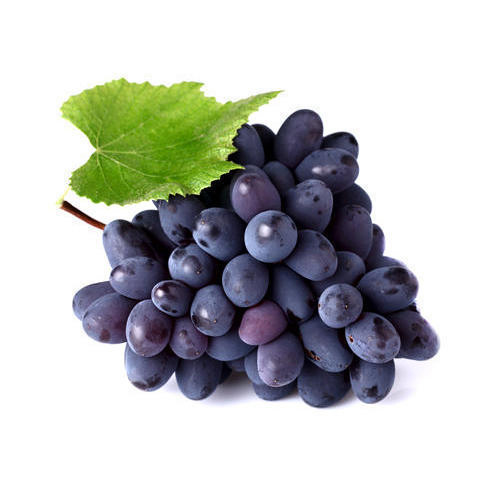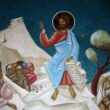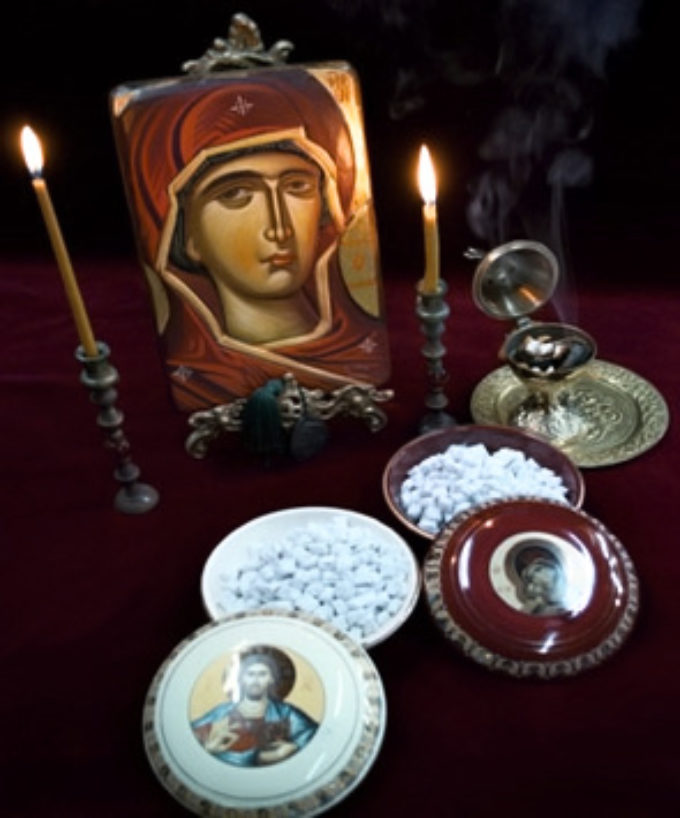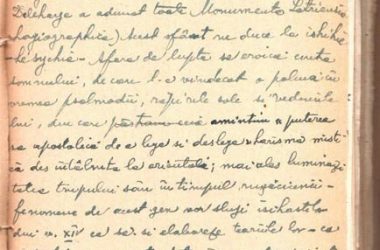Once in the desert of Egypt lived a monk called Makarios. This one was well known in the entire country for his good deeds he did and a lot of people came to him for advice.
In the same desert lived another monk with the same name of Makarios and this one about whom we are going to talk was called by everyone the townsman because he was from the famous city of Alexandria. Saint Makarios was old by now and led a monastery of monks when it took place the happenstance we are going to relate.
One day a man came to saint Makarios and brought him a very ripe nice smelling grape . We must know that in the desert the monks had no place where to pick up grapes because there it was a scorhing hear all the time, endless sands and the plants are almost completely missing.
The man thought he would make a great joy to elder Makarios bringing him that grape which is very precious in the desert where water is not enough. The saint took the grape and thanked his guest for the loved he showed him.
Remaining alone in his cell, elder Makarios thought to eat that nice grape which was so inviting with its nice smell. But when he wanted to take a grape berry all of a sudden he remembered the entire community of monks he led and thought they wanted of course to taste from a grape like that. What to do? He didn`t want to eat it alone because the thought at the other monks made him feel stingy and greedy.
`Am I so selfish to eat this grape alone while other brothers endure thirst? I won`t do this.`said this elder for himself. And thinking what to do with that grape he decided to give it to the first coming.
After a short while a monk knocked at his door. Seeing him the elder was glad and after he spoke with him he took out the grape and gave it to him saying: `Here, brother, take this grape from me, I am old and I have a sick stomach so I can`t eat grapes.` Saint Makarios mentioned the sickness only to make the brother receive his gift but he would have liked to taste at least one berry from that nice looking and good smelling grape. The brother took the grape and thanking for it went back to his cell.
But when he reached his cell and wanted to eat the grape the young monk had the same thought like saint Makarios.
`How will I eat this grape when the other brothers endure thirst? I`ll go and give it to a sick brother.` he went out to a brother he knew was frail. `He needs the grape more than me` he said for himself.
But it happened that this frail monk didn`t keep the grape for himself and decided to give it to someone else. In this way the grape was passed from a monk to another as everyone thought of the others not at himself. In the evening one of the monks who had just received as a gift that nice grape from another brother thought for himself: `What a nice grape. How did it come in this desert scorched by the sun and lacking greens? I`ll go and give this grape to our father Makarios, for he is old and needs much more this fruit than me who am young and strong. By saying these monk hid the grape under his robe and went with it to the cell of elder Makarios.
When elder Makarios saw the grape he was very surprised as he recognized it immediately. It was exactly the grape he had received and not wanting to eat it gave it to another monk. He was surprised because the monk who gave him the grape was not the same from the morning. The saint realized very quickly what had happened that no one of the brothers wanted to keep the grape for himself and they gave it from one to the other and the grape was returned to him. Pretending not to know anything, saint Makarios took the grape and thanked marveling at how much love the monks from his community had proved as nobody thought about himself but at the others.
Remaining alone, elder Makarios took the grape saying : `Since no one of the brothers ate this grape how will I eat it when I am their father and counsellor ? and saying this he took the grape and put it on a stone. A bird came and took it carrying it to its babies. This is how it ended the grape of saint Makarios.
Excerpt from the Small patericon. Retold and illustrated for the children by father Savatie Baștovoi, Cathisma Publishing, 2008.






